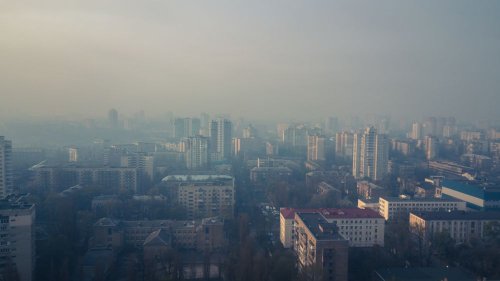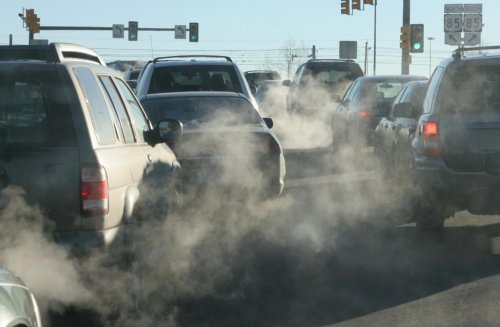Poland is unable to maintain regulatory NO2 levels and is not taking measures to reduce the period of exceedance. The European Commission has reached this conclusion and decided to refer the country to the Court of Justice of the European Union.
According to the European Commission, Poland has demonstrated its inability to comply with the Air Quality Directive.
Decades of inaction
Nitrogen oxide levels exceed the maximum permissible concentrations in the Krakow and Upper Silesia agglomerations. This is not a one-off violation — according to current data for 2024, the air quality here has been poor for 15 and 14 years, respectively. However, even this time was not enough for Poland to improve the situation and take appropriate measures.
Air quality in these regions must meet EU requirements by 2026. However, it is clear to the European Commission that this will not happen. The concentration exceeds the limit by 6-8 μg/m3, which is significant and requires long-term measures to remedy.
Previously, Poland's air quality plans included the need to create low emission zones (LEZ). The country only legislated this measure at the end of 2024 and only for cities where the amount of nitrogen oxide in the air is above normal.
In the agglomerations covered by the lawsuit, the introduction of LEZ has not yet taken place. In Krakow, this decision will take effect on January 1, 2026, and in Upper Silesia, it is not planned at all.
Attempts to reach out to the authorities
The European Commission emphasizes that these are not the only shortcomings in Poland's air quality compliance strategy. Its measures are too general, and clear funding has not yet been determined.
For a long time, the Commission has been calling on Poland to address the issue of NO2 pollution. In 2016, the country received an official letter of notification, and in 2021, a reasoned opinion. However, the efforts of the Polish authorities were insufficient, which forced the European Commission to go to court.
EcoPolitic previously reported on how tense the negotiations were regarding the adoption of the European Union’s joint NDC. A number of countries, including Poland, resisted emission reductions, citing the need to support their national economies.





